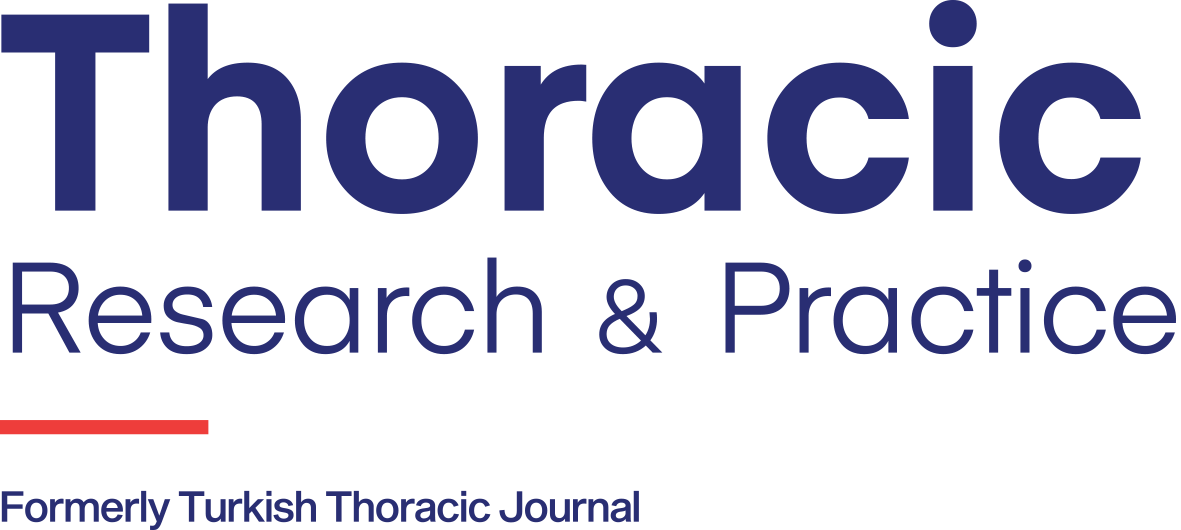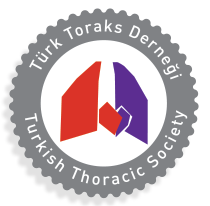Abstract
Abstract
COPD is a slowly progressive disease and known as a major cause of chronic mortality and morbidity. COPD is currently the fourth leading cause of death in the world and further increases in the prevalance and mor - tality of the disease are predicted in the coming decades. The aims of COPD treatment are improvement of symptoms and quality of life, reduction of exacerbations and decline in lung function, prevention and treat - ment of complications, minimization of adverse effects of drugs. COPD exacerbations are the most important cause of hospital attendence and so the treatment of acute exacerbations is one of the major goals of COPD treatment. Assessment of the severity of COPD is the first step of examining the COPD patients with exacerbations. As the infections are the major etiologic factors causing acute exacerbations, the spectrum of micro-organisms implicated in the exacerbations must be evaluated. In the prevention of COPD exacerbations, vaccination against infections is recommended. In this review assessment of the severity of exacerbations, etiologic factors, prevention, the pathophysiologic changes leading to airway obstruction during the exacerbations, treatment modalities in outpatients and inpatients with exacerbation of COPD treatment in intensive care units and non-invasive mechanical ventilation, and discharging criteria from hospital are dis - cussed in the light of the recent literature.



